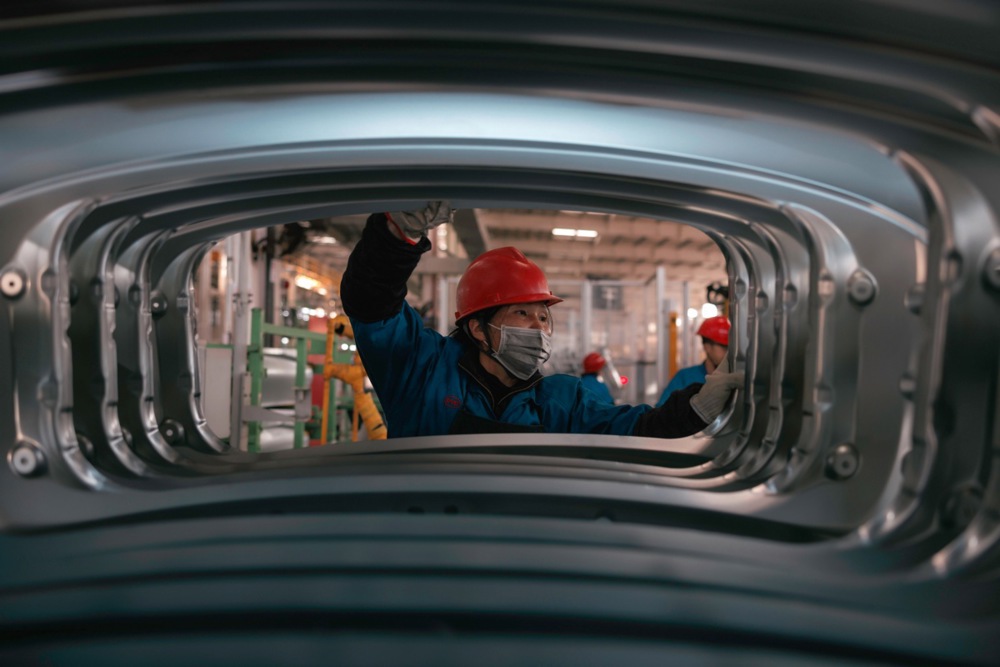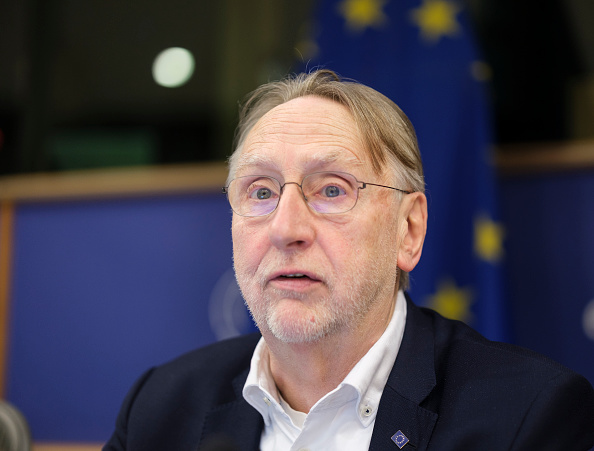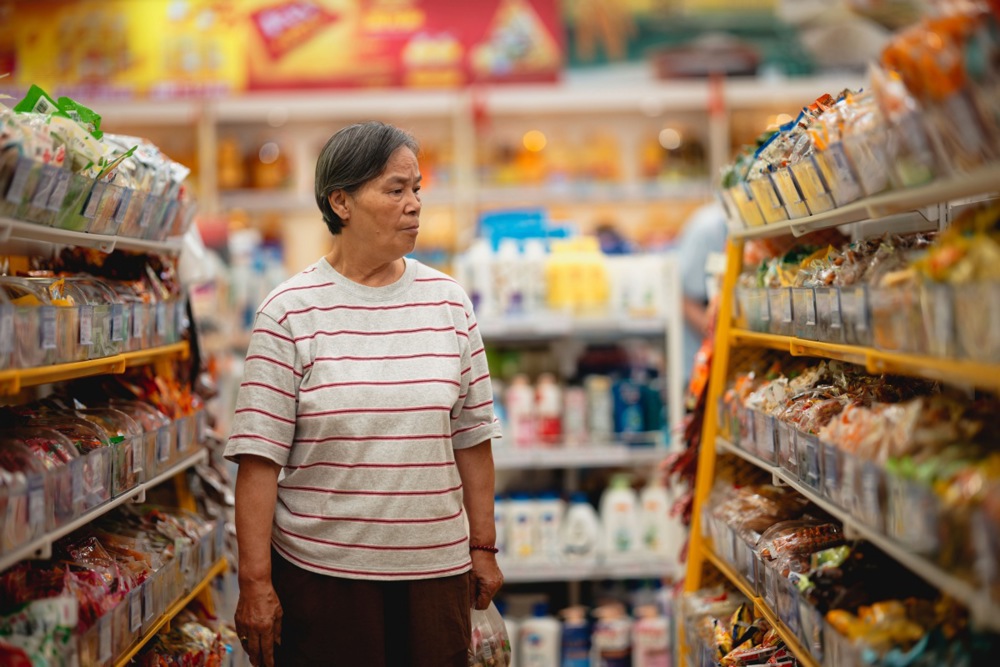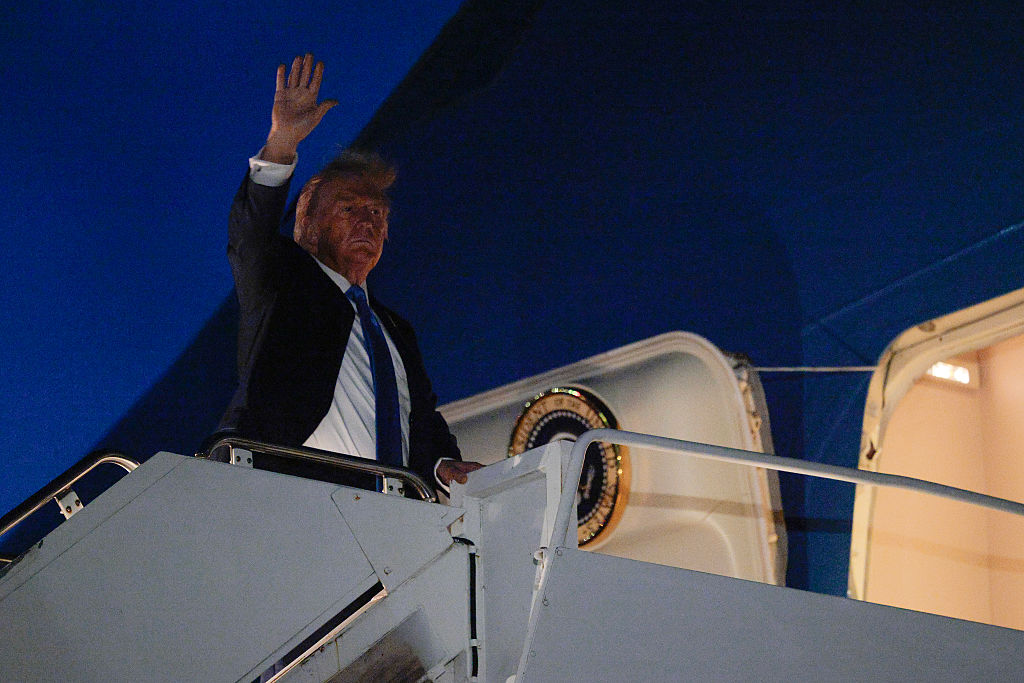As the the EU–China summit on July 24–25 in Beijing nears, the European Commission said usual pre-meeting talks will not take place due to “lack of progress” on core grievances.
Preparations for the summit have also been constrained by both sides’ focus on relations with Washington.
Although the summit marks 50 years of EU–China diplomatic ties, it is uncertain whether Chinese President Xi Jinping will attend, with Premier Li Qiang expected to represent Beijing.
European Commissioner for Trade Maroš Šefčovič stated during a July 14 press conference that the European Union needed to “rebalance” its trade relationship with China, highlighting export controls on rare earth elements as “one of the most pressing issues”.
He noted that technical engagement continued following a recent meeting with his Chinese counterpart Wang Wentao but cautioned that “a systemic solution here is still needed”.
Šefčovič emphasised the upcoming summit was an important opportunity to discuss issues including reciprocity in market access.
Speaking alongside him, Danish foreign minister Lars Løkke Rasmussen, whose country currently holds the Council of the EU presidency, underlined the political complexity of EU–China ties.
“In many, many ways China remains an economic competitor and a systemic rival. But China is also a partner with whom we need to maintain and possibly increase our co-operation,” he said.
China’s decision in early April to impose tighter export licensing requirements on rare earth minerals — a key element of electric vehicles, defence and renewable technologies — has particularly alarmed Brussels officials.
The EC has voiced frustration at what it said was China’s lack of reciprocity, persistent market access barriers and discriminatory practices against European companies.
According to Reuters on July 10, the European Parliament condemned China’s rare-earth export restrictions as “unjustified and coercive”, passing a motion urging Beijing to lift them and calling for stronger EU investment in domestic mining and stockpiling.
The motion criticised China’s “quasi-monopolistic position” in rare earths and called for increased European investment in domestic mining and strategic stockpiling.
The cancellation of the pre-summit High-Level Economic and Trade Dialogue was reported by both EU and Chinese sources as due to “lack of progress” on core grievances.
The Brussels-based Bruegel Institute noted in a July 9 report that the summit would come amid “strained relations, limited preparatory engagement and unresolved trade tensions”, suggesting that any major breakthroughs were unlikely.
The report highlighted China’s export controls on rare earths and Europe’s frustration over market access and discriminatory practices, alongside China’s opposition to EU tariffs on electric vehicles.
Meanwhile, the EU has declined to advance a joint climate declaration without, it said, stronger Chinese commitments to emissions reductions.
Belgian Liberal think-tank the Jean Gol Center warned of the strategic risks posed by China’s dominance in critical raw materials.
The press service of the centre told Brussels Signal: “China’s grip on many critical raw materials is a real problem for the independence of European industry.”
It emphasised that Europe’s long neglect of this dependence meant that “investing in strategic sectors and critical raw materials is now an obligation” given the decade or more needed to develop its own mining and refining capacity.
While other trade disputes between the EU and China remained active, including disagreements over EVs, cognac, dairy products, beef, carbon border adjustment mechanisms and investment screening, Brussels officials indicated that rare earth minerals have become a primary test of whether meaningful co-operation remains viable.
Bloomberg reported on July 8 that the flare-up followed Chinese retaliatory measures targeting EU medical device makers and growing trade friction fuelled by export controls on rare earths.
Moreover, documents revealed Moscow’s collaboration with Beijing on defence technology, adding a geopolitical layer that further complicates EU-China relations, it said.





